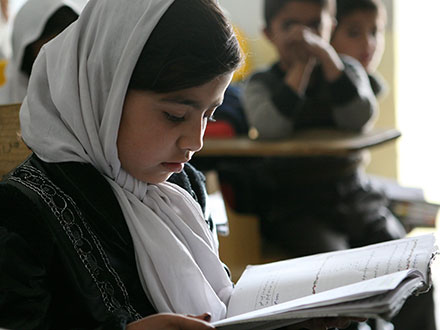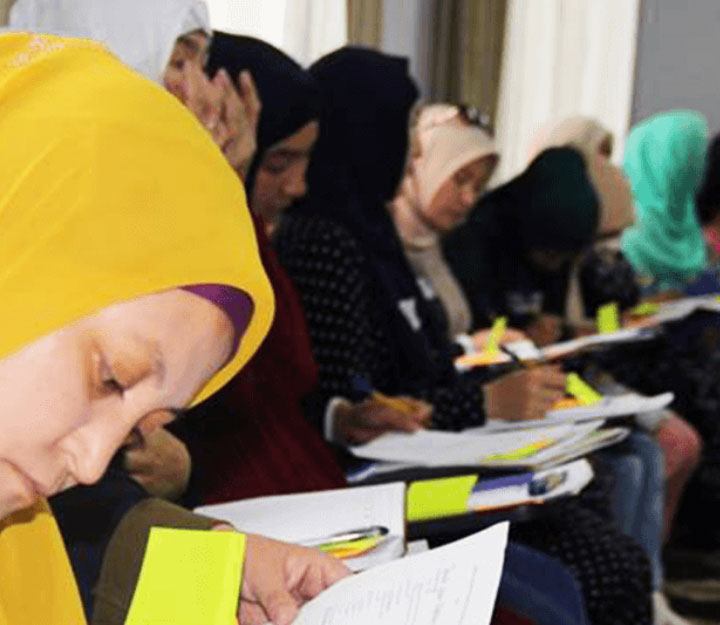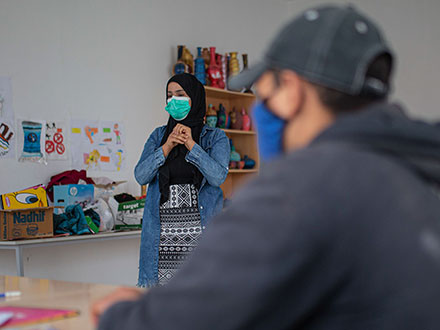
INTRODUCTION
FOREIGN TERRORIST FIGHTERS (FTF)-RELATED COUNTERING VIOLENT EXTREMISM (CVE) AND RETURNEE PROGRAMS INTRODUCTION
The threat posed by “Foreign Terrorist Fighters” (FTF) – individuals who travel abroad to a State other than their States of residence or nationality to engage in, undertake, plan, prepare, carry out or otherwise support terrorist activity or to provide or receive training to do so (often labeled as “terrorist training”)1 – is a major issue for international and national security. Governments continue to grapple with how to address the complex set of challenges posed by this threat.Many countries are concerned that the rising number of people, especially youth, radicalized to violence and traveling to fight or train alongside terrorist groups in conflict and non-conflict areas will become further radicalized and pose a new terrorist threat to their home or third countries, including transit countries.
FTF can have an impact on origin, transit, and destination countries, including in planning operations and facilitating the influx of recruits and arms, as well as increasing the proliferation of the terrorist threat upon their return to their home or third countries with potential violent extremist indoctrination and/or affiliation, operational knowledge or experience in terrorist attacks, and training. Subsequent to their return, whether operating independently (“lone actors”) or as a part of a group, there is a risk that FTF can commit terrorist acts or promote violence, provide guidance and operational expertise, raise funds, and/or serve as recruiters to radicalize and more broadly encourage others to violence in their State of residence or nationality or in other States.
In recognition of the growing threat posed by the FTF, in September 2014, the Global Counter-Terrorism Forum (GCTF) adopted The Hague—Marrakech Memorandum on Good Practices for a More Effective Response to the FTF Phenomenon and the Addendum2, which articulated a set of good practices for addressing the FTF phenomenon under four major headings: (1) radicalization to violent extremism; (2) recruitment and facilitation; (3) travel and fighting; and (4) return and reintegration.
In order to support the practical implementation of The Hague—Marrakech Memorandum and its Addendum, in particular on the CVE and returnee elements of the FTF phenomenon, this document provides a catalogue of existing programs sponsored by or led by countries that all UN member states may find useful or appropriate for their particular national context. This catalogue is intended to serve as a living document and will be updated on an ongoing basis, as appropriate. The catalogue categorizes programs according to the four headings of the FTF phenomenon.
The program titles and descriptions in this document were provided by program points of contact. The GCTF and Hedayah do not associate terrorism or violent extremism with any religion, nationality, civilization, or ethnic group, consistent with relevant UN Security Council Resolutions.
Note- This statement is taken from The Hague-Marrakech Memorandum on Good Practices for a More Effective Response to the FTF Phenomenon and does not intent to make and should not be interpreted as making any statement about the legal status of FTF under national or international law, in particular, international humanitarian, international human rights, or refugee law.
- The Addendum to The Hague-Marrakech Memorandum on Good Practices for a More Effective Response to the FTF Phenomenon (The Hague-Marrakech Memorandum) is also an outcome of the GCTF Initiative to Address the Life Cycle of Radicalization to Violence, aims to address the increasing concern with the potential threat posed by FTFs who return home or travel to a third State. Building on various GCTF documents, the Addendum consists of seven recommendations, regarding, amongst the others, detection and information-sharing on returning FTFs, rehabilitative measures for FTFs and forging partnership with local governments and local communities to deal with returning FTFs.
PROGRAM CATEGORIES
DETECTING AND INTERVENING AGAINST VIOLENT EXTREMISM
These programs are aimed to detect and intervene against violent extremism before…
DETECTING AND INTERVENING AGAINST RECRUITMENT AND FACILITATION
These programs are aimed to detect and intervene in the recruitment and…
DETECTING AND INTERVENING AGAINST TRAVEL AND FIGHTING
These programs are aimed at detecting and intervening against travel and participation…
DETECTING AND INTERVENING UPON RETURN
These programs are aimed at detecting and intervening upon the return of a FTF to their home …










